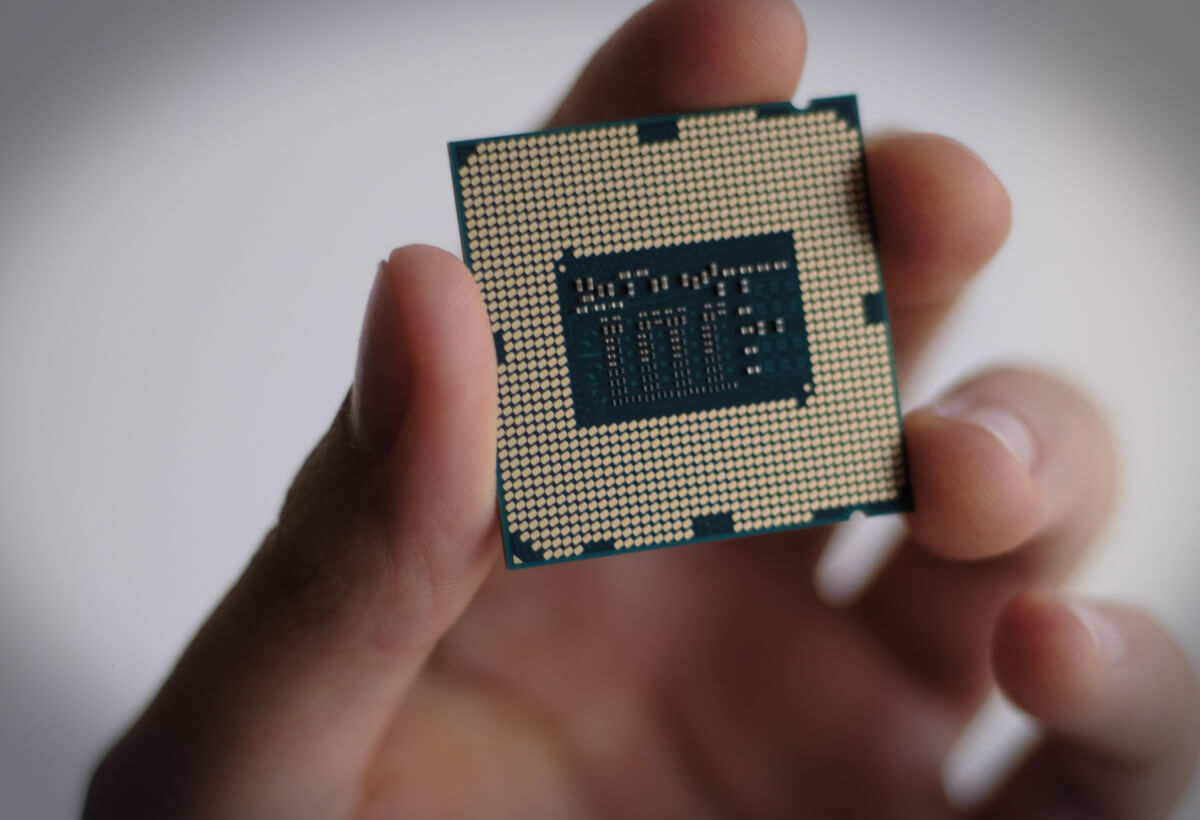According to related reports, Portugal is recently taking a place in the global semiconductor industry through the implementation of the "Microelectronics Agenda" plan, promoting the country's leading position in this strategic field. The project is part of the European Union's Recovery and Resilience Programme (RRP), which aims to promote technological innovation, increase production capacity, and drive the ecological transition to meet the growing needs of the global semiconductor market.
Joint innovation and R&D cooperation
The "Microelectronics Agenda" is led by a consortium of 17 member units in Portugal, including companies, research institutes and technology development entities. Led by Amkor Technology Portugal, the project focuses on four key areas: advanced packaging technologies, high-speed access networks, product industrialization with integrated optical circuits, and the construction of smart factories for the future. In addition, the plan includes the promotion of professional training of human resources to develop technical talents that meet the needs of the industry of the future.
The project not only aims to improve Portugal's competitiveness in the global market, but also aims to boost the country's production capacity, especially in the areas of semiconductor manufacturing, product development and sustainability. By promoting the integration of these technologies and talents, Portugal will effectively promote its new positioning in the global semiconductor industry.

Pictured: Portugal bets on the semiconductor sector (Source: micro-electronics.eu)
Promote technological innovation and sustainable development
The Microelectronics Agenda focuses on cutting-edge innovations, including the development of next-generation microelectromechanical systems (MEMS) sensors that will be widely used in 5G smartphones and IoT devices, dramatically improving the accuracy and energy efficiency of devices. In addition, the development of advanced power modules will improve the performance and reduce the energy consumption of electronic devices, while the innovation of photonic integrated circuits (PICs) will drive the advancement of high-speed optical communications to meet the higher speed and efficiency requirements of modern data transmission.
In addition, the project also addresses the environmental issues of global e-waste recycling, and develops advanced technologies such as mixed leaching precious metals and selective metal recycling to meet the growing challenges of waste disposal, maximize resource recovery, and reduce the negative impact on the environment.
Promote international cooperation and promotion
In order to advance this strategic agenda, the Chamber of Commerce and Industry of the District of Aveiro (AIDA CCI), as one of the members of the project, actively participates in several international trade fairs to present to the world the technological innovations of Portugal in the field of microelectronics. Elisabete Rita, Executive Vice President of AIDA CCI, said: "We are very proud to be part of this ground-breaking project that will help Portugal occupy a key position in the global semiconductor market.”
Funding and project progress
The Microelectronics Agenda has received a total of more than 67 million euros in funding, of which more than 30 million euros have been provided by the EU's Next Generation EU programme. According to the project plan, which is expected to be completed by June 30, 2025, the project has so far implemented more than 60% of the budget and has made significant progress in several areas, including breakthroughs in product development, technological innovation and sustainability.
Through this plan to deepen the semiconductor industry, Portugal is not only expected to occupy a more important position in the European semiconductor market, but also has the potential to contribute to the sustainable development of the global microelectronics industry. As the project progresses, it is expected to bring a range of innovative solutions to the global semiconductor industry and provide a strong impetus for Portugal's economic growth and technological progress.






